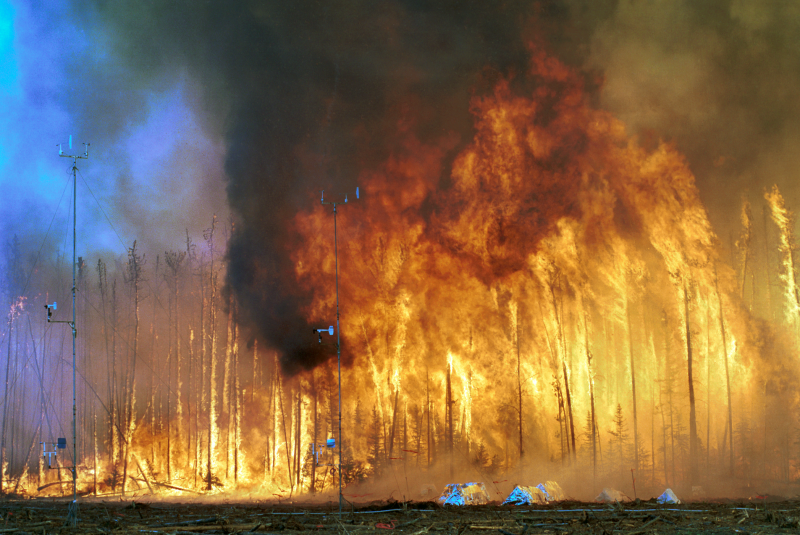Indonesia is moving to ban new palm oil operations in the aftermath of massive forest fires in the country last year, partly caused by the industry’s expansion. But producers worry if the move could affect the nation’s economy.
President Joko Widodo has proposed a moratorium on granting new land for palm oil plantations in Indonesia, the world’s top producer of the edible vegetable oil – a key ingredient in every day goods such as biscuits, shampoo and make-up. The move aims to reduce environmental damage caused by the industry.
Instead, President Widodo encouraged producers to focus on using better seeds to increase their yields. In a statement, he said “Palm oil concessions available at the moment are already adequate.”
Plantations on the islands of Sumatra and Borneo have expanded in recent years as the demand for palm oil have risen, bringing huge profits to companies, and revenues to the government. The growth of the oil palm industry has been blamed for the destruction of tropical and ancient forests – home to many endangered species – and recurrent forest fires due to illegal slash-and-burn clearance techniques.
The Indonesian Palm Oil Association revealed that palm oil is the driving force behind Southeast Asia’s biggest economy and supports 24 million jobs, as reported by the The Independent.
Activists remained cautious about the proposal as Greenpeace Indonesia warned that mere “presidential instruction” would be less effective and what the country needs is strict regulation.
A Greenpeace Indonesia forest campaigner, Kiki Taufik, told ABC News that in order for the ban to run smoothly, government officials would need to work together effectively. “This is probably one of the hardest parts – lack of coordination among officials is common and it often leads to bad implementation of regulations,” Taufik said.
Two weeks ago, on April 14, President Widodo first announced the moratorium, which included a review of existing oil palm and mining concessions in the Leuser Ecosystem, along with a ban on land-clearing until the review is finalized. The moratorium came days after the president vowed to establish a nationwide moratorium on oil concessions in forest areas.




